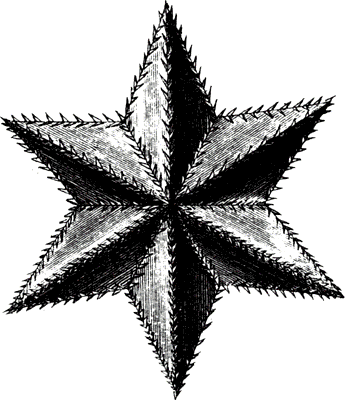LITR 5731 Seminar in American
Multicultural Literature: Immigrant

Sample Student Midterms, summer 2008
|
Web Review |
Danielle Maldonado
Midterm Web Review
Source 1: Kristen Bird’s “Stages in the Immigrant and Minority Narrative” 2006 midterm.
I enjoyed Bird’s description of Olaudah Equiano’s journey, demonstrating the second stage of immigration. To be honest, I’m always fearful of reading midterms and finals from other semesters, for fear I’ll accidentally plagiarize ideas. I find myself having these “Ah-ha” moments after reading other essays but often feel too guilty for “stealing ideas” to focus on their points in my essay. Bird used the same organizational form in her 2006 midterm as I did. As a class, however, we didn’t over Equiano and I found fitting the minority culture as a “forced immigrant” into Stage 2 interesting. It hadn’t occurred to me to include the minority narratives in this way. Had I read the essay, perhaps I could have fit some of the Minority Narratives into the Journey stage of Immigrant Literature.
Source 2: Karen Daniel’s “The Differences We Have in Common” 2006 midterm.
What I liked most about Daniel’s overview of the course is how she admits to it being difficult because of the sensitive issues being discussed in a diverse group of people. And the reverse holds true as well. I, myself, have found myself becoming critical of the dominant culture. In a large group of members of the dominant culture, I find it difficult to criticize some of our values without feeling like a traitor. These feelings led me to Phil Thrash’s final essay, which is to be my next selection. I also agree with Daniel on the most fascinating group we’ve read this semester: the group that “falls somewhere in between the immigrant and the minority.” Like in minority literature, this group is played tug of war with between the dominant culture and their home culture, negotiating what should be left behind and what should be picked up. This ambivalence is perhaps the most honest feeling in the narratives we’ve read this semester.
Source 3: Phil Thrash’s “Good or Evil: Where Have We Come From, Where Are We, Where Are We Going?” 2006 final exam.
Though we haven’t discussed, as a class, the Pilgrims and early dominant culture yet, I found Thrash’s comments on dominant culture enlightening. Trash says the early dominant culture’s “greed has an ‘evil side’ at the expense of human suffering and degradation suffered by the American Minorities, the Afro-Americans and the Native American Indians.” Trash says that the same characteristics exist today but no one wants to discuss them. Admitting, as part of the dominant culture, that you have participated in the same crime you accuse others of is difficult. I would like to further elaborate on his idea that “might equals right” in the named of God, perhaps on my own final.
|
|
|
|


